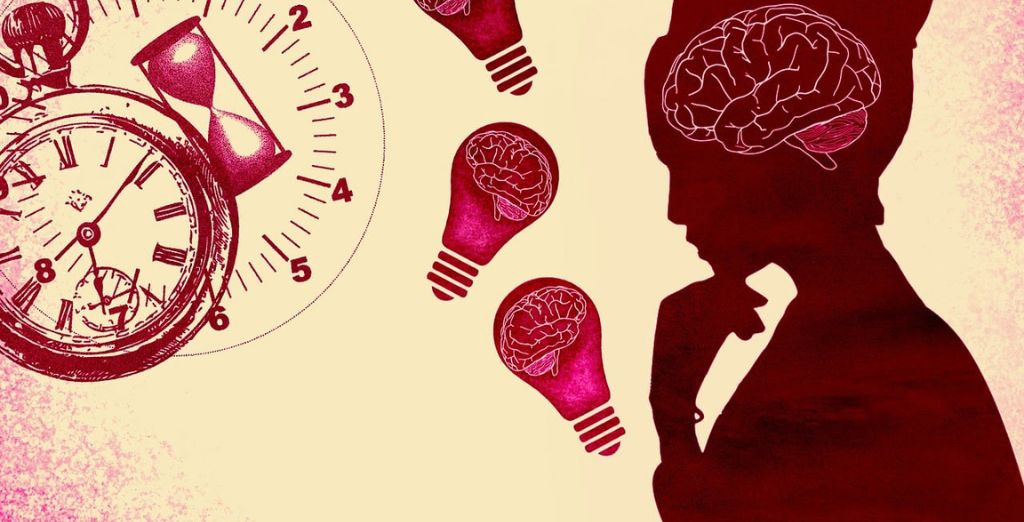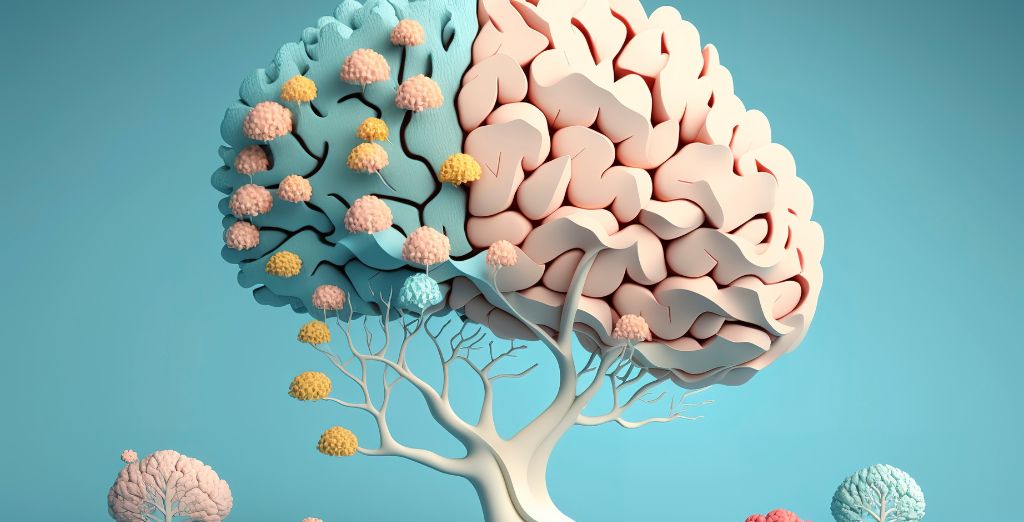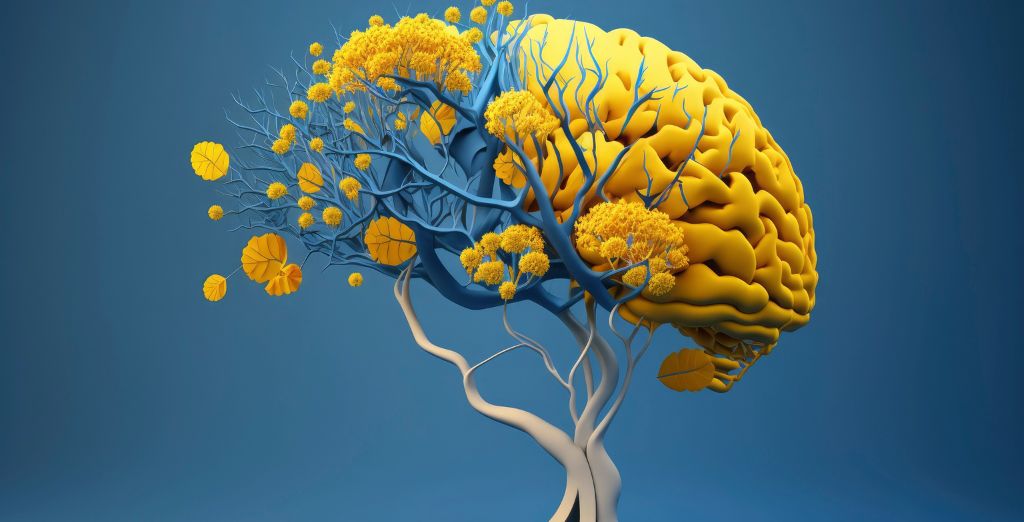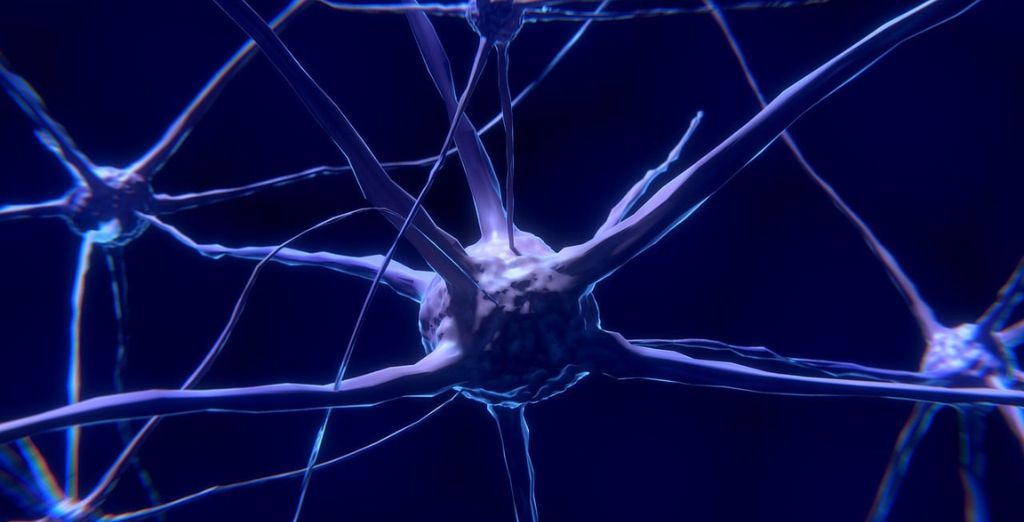The ATI Mental Health Proctored Exam 2024 is a critical milestone for nursing students pursuing their mental health nursing qualifications. As one of the essential exams in nursing programs, this test evaluates students’ knowledge, clinical judgment, and understanding of various mental health concepts. The exam’s results significantly influence students’ academic progression, making it crucial to prepare thoroughly and strategically.
In this article, we provide an in-depth guide to help students navigate the complexities of the ATI Mental Health Proctored Exam. From understanding the format and key areas of focus to providing effective study tips, we cover all aspects of the exam that will enable students to succeed.
Understanding the ATI Mental Health Proctored Exam Format
The ATI Mental Health Proctored Exam is designed to assess nursing students’ competency in psychiatric and mental health nursing. It evaluates knowledge across a wide range of topics such as psychological disorders, therapeutic communication, and psychopharmacology. This exam typically consists of 170 questions, which include multiple-choice questions, multiple response, fill-in-the-blank, and hotspot questions. However, only 150 questions contribute to the final score, as the remaining 20 are pilot questions that do not impact performance.
Time Allotment and Scoring
The ATI Mental Health Proctored Exam is usually timed, giving students approximately 90 minutes to complete the test. The score is calculated based on the correct answers, and results are typically reported as a percentage. The passing benchmark varies depending on the nursing program, but students are often expected to achieve a Level 2 proficiency or higher, indicating a solid understanding of mental health concepts.
Key Topics Covered in the ATI Mental Health Proctored Exam
Students should familiarize themselves with the major topics and concepts that are likely to appear in the exam. These include, but are not limited to:
1. Mental Health Disorders
Understanding various mental health conditions is critical to passing this exam. Key disorders that are commonly covered include:
Anxiety Disorders: Generalized anxiety disorder, panic disorder, and phobias
Mood Disorders: Depression, bipolar disorder, and dysthymia
Psychotic Disorders: Schizophrenia and schizoaffective disorder
Personality Disorders: Borderline personality disorder, antisocial personality disorder, and histrionic personality disorder
Substance Abuse and Dependence: Alcoholism, drug abuse, and treatment protocols
2. Therapeutic Communication
Therapeutic communication is a core skill in mental health nursing. The exam evaluates students’ ability to communicate effectively with patients experiencing psychological distress. This section often includes scenarios where students must select the best communication strategy for patients exhibiting symptoms of various mental health disorders.
Active Listening: Techniques to engage with patients and encourage open dialogue
Nonverbal Communication: Reading and interpreting body language and facial expressions
Empathy and Compassion: Showing understanding and compassion in patient interactions
3. Psychopharmacolog
Psychopharmacology is another significant component of the ATI Mental Health Proctored Exam. Understanding medications used to treat mental health conditions is essential, including their mechanisms of action, side effects, and contraindications. Key categories of drugs include:
Antidepressants: SSRIs, SNRIs, tricyclics, and MAOIs
Antipsychotics: First-generation (typical) and second-generation (atypical) antipsychotics
Mood Stabilizers: Lithium, anticonvulsants, and antipsychotics used in bipolar disorder treatment
Anxiolytics: Benzodiazepines and nonbenzodiazepines used to treat anxiety
4. Legal and Ethical Considerations
Mental health nursing is deeply intertwined with legal and ethical issues. Nurses must be aware of patients’ rights, consent, confidentiality, and the implications of involuntary treatment. The exam may present case studies or questions regarding ethical dilemmas and the legal responsibilities of mental health professionals.
Confidentiality and HIPAA Compliance
Informed Consent and Autonomy
Competency and Decision-Making Capacity
Involuntary Commitment Procedures
Effective Study Tips for the ATI Mental Health Proctored Exam
Preparing for the **ATI Mental Health Proctored Exam** requires a strategic approach, given the vast amount of material that needs to be mastered. Here are some effective study strategies that can help nursing students perform well:
1. Use ATI Study Materials
ATI provides comprehensive study guides and practice assessments tailored to the Mental Health Proctored Exam. Utilizing these resources ensures that students are reviewing content that aligns with the exam’s focus areas. ATI’s practice tests can also help simulate the exam environment, enabling students to become familiar with the question format and time constraints.
2. Focus on NCLEX-Style Question

Since the ATI Mental Health Proctored Exam mirrors the **NCLEX-RN** In terms of format, it’s beneficial to practice answering NCLEX-style questions. These questions often require critical thinking and application of knowledge to clinical scenarios. Utilizing NCLEX review books or online question banks can strengthen students’ ability to approach complex mental health questions.
3. Group Study and Peer Discussions
Studying in groups allows students to discuss difficult concepts and share insights. Peer discussions about psychiatric disorders, medications, and communication strategies can help clarify key ideas and improve retention. Additionally, group study sessions encourage accountability and consistent study habits.
4. Break Down Content into Manageable Sections
Given the breadth of material covered in the exam, it’s advisable to break down topics into manageable sections. Students can focus on one area at a time, such as mood disorders or therapeutic communication, before moving on to the next. This prevents feeling overwhelmed and allows for a more focused review.
5. Simulate Exam Conditions
Practicing under timed conditions is crucial to prepare for the pace of the exam. Setting a timer while completing practice exams helps build time management skills and reduces anxiety on test day. Additionally, reviewing answers immediately after practice sessions helps identify knowledge gaps that need further review.
Test Day Tips
On the day of the ATI Mental Health Proctored Exam, students should ensure they are well-prepared both mentally and physically. Here are a few key tips to keep in mind:
Arrive Early: Ensure ample time to settle in and avoid any pre-exam stress.
Stay Calm and Focused: Deep breathing exercises and positive affirmations can help manage test anxiety.
Read Questions Carefully: Take time to read each question thoroughly before selecting an answer.
Pace Yourself: Keep an eye on the time and avoid spending too long on any one question.
FAQs
1. What is the ATI Mental Health Proctored Exam?
The ATI Mental Health Proctored Exam is a standardized test for nursing students, designed to assess their knowledge and skills in psychiatric and mental health nursing. It covers topics such as mental health disorders, therapeutic communication, and psychopharmacology.
2. How many questions are on the ATI Mental Health Proctored Exam?
The exam consists of 170 questions, but only 150 are scored. The remaining 20 questions are unscored pilot questions used for future exams.
3. What is the passing score for the ATI Mental Health Proctored Exam?
The passing score varies by nursing program, but most schools require students to achieve at least a Level 2 proficiency, which indicates a solid understanding of the content.
4. What topics are covered in the ATI Mental Health Proctored Exam?
Key topics include mental health disorders (e.g., anxiety, mood, and psychotic disorders), therapeutic communication, psychopharmacology, and legal/ethical issues in mental health nursing.
5. How can I prepare for the ATI Mental Health Proctored Exam?
Preparation tips include using ATI study materials, practicing NCLEX-style questions, studying in groups, breaking down content into sections, and simulating exam conditions to build confidence.
Conclusion
The ATI Mental Health Proctored Exam 2024 is an essential step for nursing students aspiring to specialize in mental health. With thorough preparation, attention to key topics such as mental health disorders, therapeutic communication, and psychopharmacology, and a strategic study approach, students can confidently approach this exam and achieve success. Following the study tips outlined in this guide will ensure that you are well-equipped to perform your best on exam day.

















